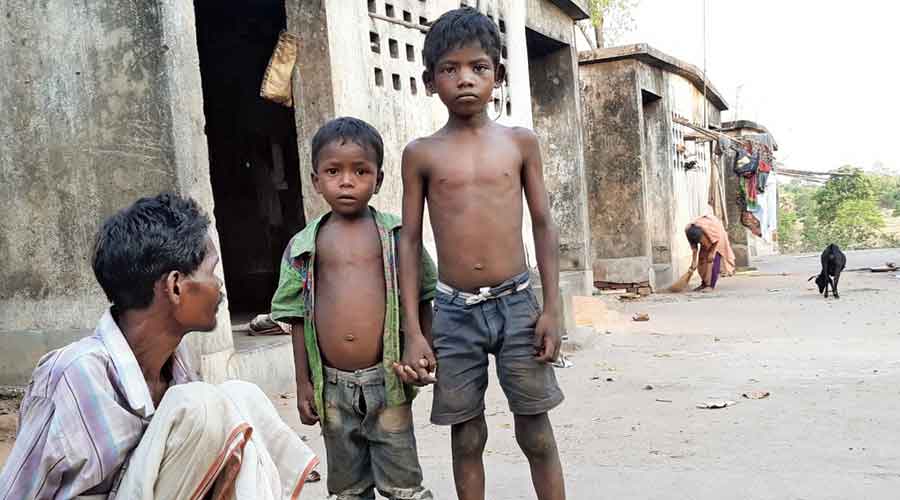The pandemic has inflicted multifaceted damages: unemployment, hunger, education — the list is long. The education, health and safety of children remain a subject of deliberation and concern. For children, especially those from the marginalized segments, primary education is not just about receiving education but also about feeding themselves at least once in a day. Education and mid-day meal in government-run primary schools, thus, run hand in hand.
Mid-day meals were introduced in India not just to bring more children between 6 to 14 years of age within the ambit of education but to also take care of their nutritional needs to augment physical and mental growth. Unfortunately, the pandemic has deprived parents of employment and their children the access to education and school meals.
Some state governments have taken novel approaches to fight hunger and provide nutrition to school children. But the same cannot be said of other states. Maharashtra, for example, closed tenders to buy pulses from contractors of mid-day meal scheme in the period from April to June. Uttar Pradesh, Goa, Tamil Nadu and Telangana did not take necessary steps until very recently to address the drastic situation either because of local elections or the second wave of the pandemic. A writ petition filed by the Mahila Ekta Manch sought directions to the Delhi government to provide cooked mid-day meals or food security allowances to eligible children during the Covid-19 lockdown. The Centre claims to have given a sum of Rs 27,17,76,000 to the state government to help children enrolled under the mid-day meal scheme. However, the Delhi government had refused to acknowledge that it had received any such grant. The Delhi High Court asked the state government to present an affidavit. After the submission of the affidavit, the case was adjourned: it is still pending in spite of the need for urgent disposal. On June 30, 2020, the court had reprimanded the government, stating “that it was not right to make children wait for midday meals for months and that they should not be made to suffer for want of funds”.
The judiciary in some states have taken a progressive stance in the light of the gravity of the situation and passed suitable orders to the respective states to address the issue. For instance, the Madras High Court, on August 4, 2020, ordered the Tamil Nadu government to supply eggs, sanitary napkins and dry rations to students who are part of the mid-day meal scheme.
As per government data, in 2018-2019, the mid-day meal scheme was serving about 9.17 crore children. Children in about 62 per cent households discontinued their education amid the coronavirus outbreak, according to a rapid needs assessment that surveyed 7,235 families across 15 states. It found that two out of five households reported that they did not receive any kind of support either from the school or from the education department for their children’s education. It also revealed that four out of ten children were reportedly “playing at home with learning” and that one out of four children was “working at home” due to the closure of schools. Acute shortage of cash and the lack of livelihood opportunities were among the most crucial challenges identified by the assessment.
India needs nutrition for affirmative growth of mind and body. The country has a high percentage of malnutrition. It has tried to counter it through the National Nutrition Mission or the Poshan Abhiyaan. But the reality on the ground differs from the strategies on paper. India needs to counter the disparity in the distribution of mid-day meals between rural and urban areas while focusing on bringing children within safety protocols. The impact of the pandemic on health and hunger is evident. The mid-day meal programme provides nutritious food as well as employment to workers integral to the initiative. The government and the judiciary must step in and secure the rights to nutrition, dignity and livelihood.











